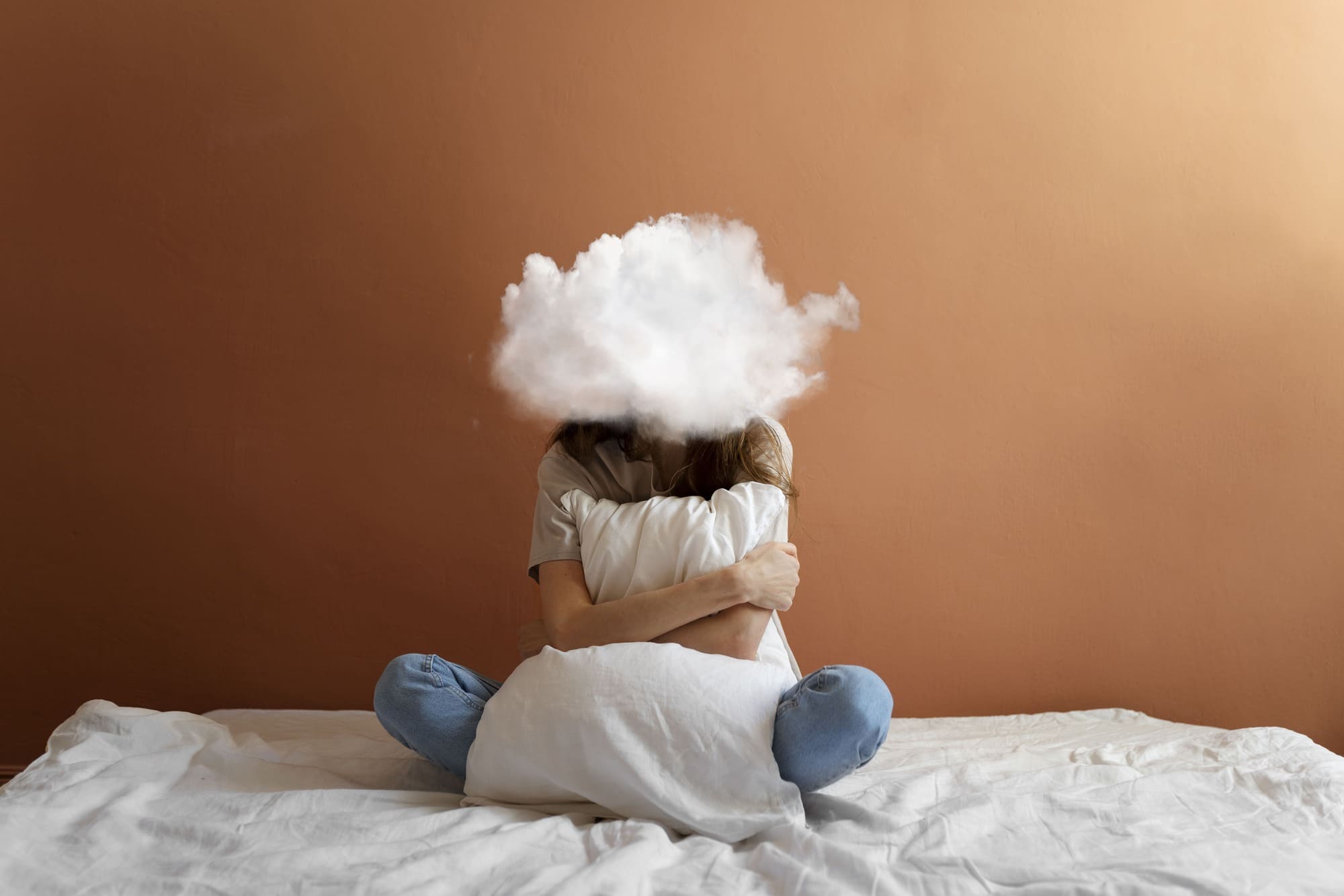Categoría: Addictions,Dual Pathology
Etiquetas: #addictions, #alcohol, #behavior, #brain, #dementia, #diagnosis, #psychiatry, #studies
More content you may find interesting
In the field of Mental Health, we talk about “Dual Diagnosis” when we want to refer to individuals who suffer from an addiction to psychoactive substances along with a mental disorder. This association can occur simultaneously or can be interspersed throughout the individual’s life.
It is well known that substances such as alcohol, cocaine, or cannabis can lead to various mental and behavioral disorders: aggressiveness, depression, anxiety, and even psychotic episodes where there is a loss of contact with reality.
Furthermore, numerous studies also show a higher prevalence of substance abuse in people with mental disorders such as depression, personality disorders, bipolar disorder, anxiety disorders, schizophrenia, and others.
The “chicken or the egg” question arises: which came first, substance abuse or the disorder?
What is clear is that when a mental disorder and substance abuse coexist, the prognosis is worse. Studies show a higher rate of treatment failure, a higher prevalence of suicide attempts and completed suicides, a higher risk of relapse and hospitalization, and a greater propensity to engage in risk behaviors that predispose to other medical issues (traffic accidents, sexually transmitted diseases) and social problems (relationship breakdowns, criminal behaviors).
All of this underscores the need for systematic detection and appropriate treatment of Dual Diagnosis, which is a significant challenge for today’s society. Unfortunately, the incidence of this condition is substantial, and the means to address it are often insufficient.
So, what is the best way to help people with this problem?
It all starts with an individualized treatment program, tailored to the specific characteristics and situations of each person. The approach to Dual Diagnosis must always consider both issues (substance abuse and the mental disorder) and address them from the initial point of contact. This, along with a multidisciplinary approach involving psychologists, psychiatrists, and other professionals, depending on the specific needs of each case, is what will ensure a higher likelihood of successful treatment.

Dr. Moreno and her team have several detoxification and addiction treatment programs available for alcohol, cocaine, and other drug dependencies, as well as addiction to psychoactive medications. Depending on the case, hospitalization may or may not be necessary.
Please contact Dr. Moreno for more information.



